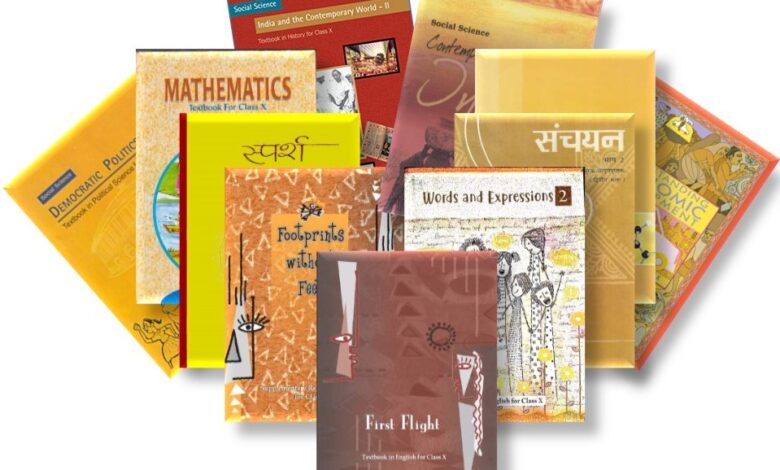12 members committee to reform the curriculum for schools
The 12-member committee, which has a three-year term, will be headed by former ISRO chief K Kasturirangan, who also headed the drafting committee of the National Education Policy (NEP) 2020. The 12 members will play a crucial role in designing pedagogy, help revision of books if necessary and aid NEP implementation effectively

THE GOVERNMENT on Tuesday initiated the process to revise the NCERT textbooks, which are taught in CBSE-affiliated schools across the country, by setting up a committee for drafting the document that will lay down the broad guidelines for changes in the curriculum.
Here are the 12 members who will play a crucial role in designing pedagogy, help revision of books if necessary and aid National Education Policy (NEP) implementation effectively.
K.Kasturirangan (chairman), Mahesh Chandra Pant, Govind Prasad Sharma, Najma Akhtar, T V Kattimani, Michel Danino, Milind Kamble, Jagbir Singh, Manjul Bhargava, M K Sridhar, Dhir Jhingran and Shankar Maruwada.
The formation of the committee comes a year after Prime Minister Narendra Modi’s announcement that school students will study under a new curriculum drawn from the NEP by 2022 when the country celebrates the 75th year of Independence.
Revisions in the school curriculum to correct alleged historical inaccuracies and incorporate elements of “ancient Indian knowledge” have long dominated the agenda of the RSS, which is the ideological fountainhead of the BJP. Murli Manohar Joshi, who was the Human Resource Development Minister in the Atal Bihari Vajpayee government between 1998-99 and 1999-2004, had faced allegations of “saffronisation of education”
A Parliamentary panel led by Rajya Sabha member Vinay Sahasrabuddhe had earlier this year taken up the issue of textbook reforms, seeking submissions on books containing “unhistorical facts and distortions”.
Since coming to power in 2014, the BJP government has effected some revisions in the curriculum, including the introduction of schemes and policies such as the Swachh Bharat Abhiyan, Beti Bachao Beti Padhao, Digital India and move towards a cashless economy.
Significantly, the NEP also states that elements such as knowledge from ancient India “will be incorporated accurately and scientifically throughout the school curriculum wherever relevant” and that “Indian Knowledge Systems, including tribal knowledge and indigenous and traditional ways of learning, will be covered and included in mathematics, astronomy, philosophy, yoga, architecture, medicine, agriculture, engineering, linguistics, literature, sports, games, as well as in governance, polity, conservation”.
In a statement on Tuesday, the Union Ministry of Education said the NCF will be drafted “as per the perspectives of the NEP”, which is also mentioned in the education policy. The committee will also develop a curriculum for early childhood, teacher and adult education, the statement detailing the terms of references of the committee said.
Traditionally, the state governments also follow the NCF in revising their respective school curriculum through the participation of the State Councils of Educational Research and Training (SCERT), which draw up the State Curriculum Frameworks (SCF).
Importantly, the newly constituted NCF has also been directed to draw inputs from the SCFs, which will have to be drawn up first, unlike in the past when the SCFs followed the NCF.
“The Committee will finalise National Curriculum Frameworks after incorporating suggestions received from various stakeholders, i.e., states/UTs and also in the meetings of Executive Committee (EC) and General Body (GB) of the NCERT and Central Advisory Board on Education (CABE),” the statement said. The committee, which will have a tenure of three years, would also “reflect upon the implications of situations such as Covid-19 pandemic” on respective areas for future in drawing up the NCF.



